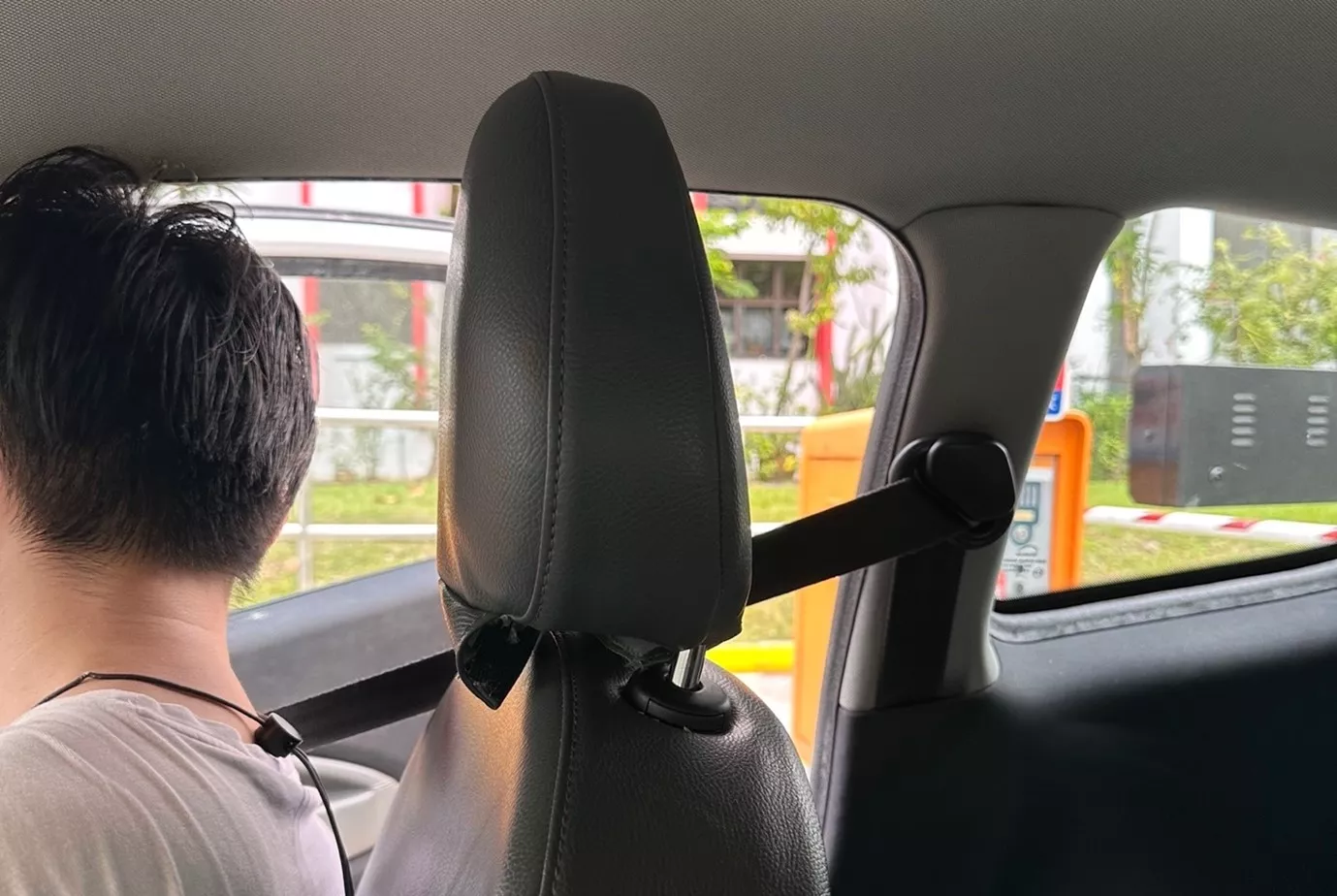Fieldwork experience in Singapore

It was August last year when I first shadowed a father of two in a shared electric car in Singapore. I had wanted to look at user experiences of a rather popular shared electric car service in Singapore, and I figured that the appropriate way to do so was to follow them, sit with them and ride alongside them to not only observe, but also experience, the whole rental process.
The father was sending his son to the army base, a routine that he has every weekend for the two years that his son has to serve the military. After dropping his son off, he jokingly quipped about how these weekly car rides were the only times that he and his wife get to talk to their son, because 'he has no choice [but to talk to us] in this confined space with us'.
And a confined space it was. In the subsequent weeks, I sat beside – or behind – students, young working adults, and parents, all within alloyed enclosures on wheels. In each vehicle there was a different purpose for moving through space, a different life story, a different affective intensity emanating from the driver’s seat, and a different blend of embodiment/performativity for the acquaintance/audience in the passenger’s seat. If embodied, I caught glimpses of what a typical experience was like for them, and if performed, I found myself wondering how and why my positionality vis-à-vis theirs created a veil that strayed from the usual (that was sometimes revealed in semi-structured interviews instead).
But the blend obfuscates my understanding of the participant and their idiosyncrasies, and the blend intensifies outside of the car. Herein lies the eternal struggle of the researcher – how much can we say that our observations and data are reflective of the realities that we seek to investigate? How much of it is due to our research design, and how much of it is due to the wider socio-cultural milieu in which we are situated? These are also questions that my dear colleagues/friends – Sieun, Maryam, Eric and Tommy – deliberated in our panel at the 2024 AAG Annual Meeting. Unsurprisingly, the answers to these questions are a lot more complex and nuanced, and requires us to think about the relationalities, circumstances and histories of the places and people that we are doing research on/with.
It was also increasingly apparent to me that my research was about to pivot into a different direction. The elephant in the room was that the majority of my participants were men, and the interviews and ride-alongs we did were coded with various permutations of gendered norms – and yet ruptures of resistance against these norms reared their heads every so often that left me with the difficult task of sense-making. As I progress onto the next phase of analysis in my DPhil research, I look forward to having more insightful and invigorating conversations with anyone – both in the TSU and elsewhere – who might be interested in talking about these ideas!
DPhil student Yi Fan Liu travelled to Singapore to explore the use of a shared electric car service in Singapore. Yi Fan discusses how she goes about the fieldwork for her DPhil research, her experience of the whole rental process and the challenges she encounters.
